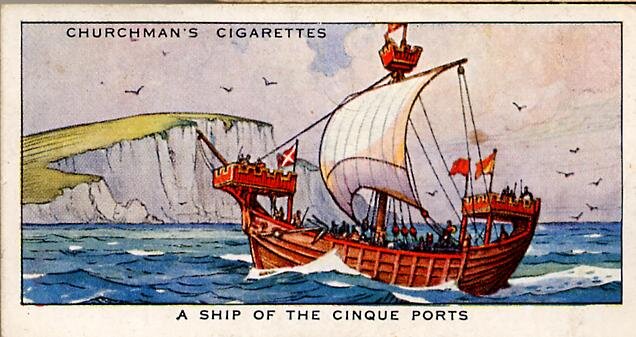May 18th 1471: The last threat fades away

The Bastard of Fauconberg had been camped at Blackheath with what was left of his troops since his abortive attempt at storming London four days earlier. Maybe he was hoping against hope that he’d get a second bite of the cherry. He must have decided that this was a false hope and with knowledge of the imminent arrival of King Edward they were in a dangerous place. He deserted his army, and accompanied by the Calais Garrison soldiers who had been with him he rode to Sandwich, where the soldiers joined his ships and sailed for Calais. Fauconberg himself stayed behind. It was rumoured that he’d been in contact with King Edward and negotiated a pardon.
The remaining rebels at Blackheath drifted away. ‘Every man departed to his own house’.
The ‘Arrivall’s’ author was no fan of the rebels:
These heinous traitors and robbers, the bastard and his fellowship, seeing they could in no wise profit to their intents, by little and little withdrew them to the Blackheath, to a hill three miles from London, the xvj., xvij., and xviij. day of May, there abiding by the space of three days; but, their abiding, they had certain knowledge that the King was coming with great puissance, whereof they greatly dread, seeing that they might not have their prayer of London, ne having hardiness to abide the King and his power, they dispersed; they of Calais, to Calais, in the soonest they could; such as were of other countries, into theirs; many of Kent, to their houses ; the mariners, and mischievous robbers, rebels, and rioters with them, to their ships; and drew down to the sea coast with all their ships.


No comments:
Post a Comment